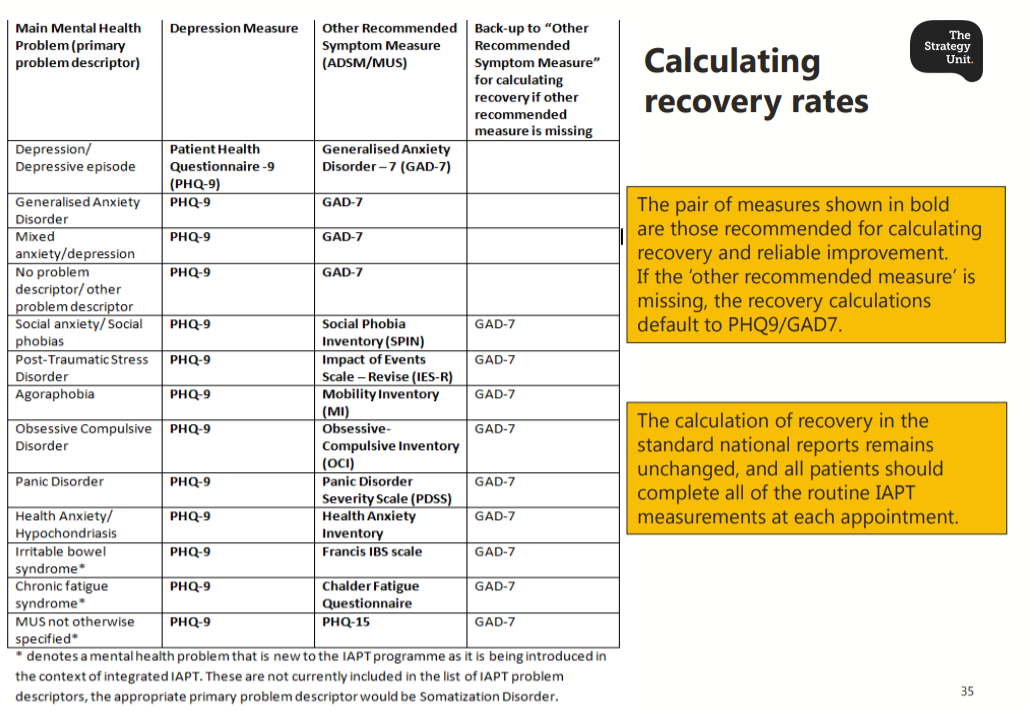Independent ethical review ensures that participant safety is at the centre of all research. In the United Kingdom, review by an ethics committee is one of a series of safeguards intended to protect the people taking part in the research. The operating procedure for trials in the UK has inbuilt safeguards designed to protect patients from harm in the event an intervention is ineffective or potentially harmful.
The ethics committee didn't really approve the full Smile trial instead a sub committee (of 2 I think) approved a upgrading of a pilot study into a full trial. This they avoided real scrutiny. I suspect since the LP is a 'secret' process they also didn't have the chance to apply proper scrutiny to even the pilot study.


